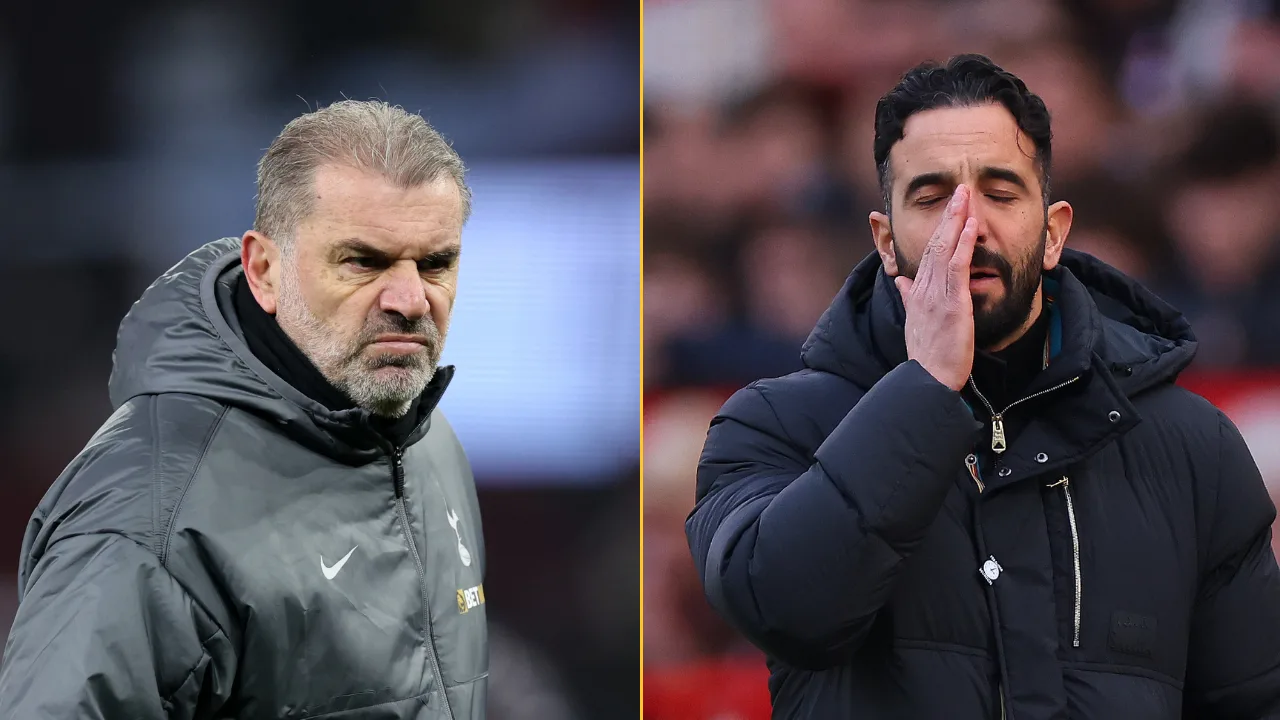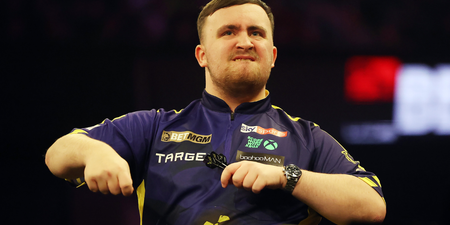If there was an argument that Roberto Firmino should have been left out of the Liverpool team after being charged with drink driving, it was never going to be one that Jürgen Klopp would take any heed of.
Allegations of an employee committing a socially unacceptable crime might be taken seriously at every Premier League club, but rarely are they taken so seriously that a manager will put morality ahead of the need to take three points. Whatever his indiscretions – and it should be stressed that a court appearance to examine the case against him is still to take place – Firmino was always going to play.
Firmino is too good and Liverpool’s sporting need too great for there to be any other outcome. Others may see this as further evidence of the Premier League’s questionable moral standards but in the cut throat world that Klopp inhabits, one which saw Liverpool go into their latest fixture trailing Chelsea by nine points, you don’t omit your best players unless the decision is taken out of your hands. As contractually and competitively obliged, Klopp did what was best for Liverpool. Nothing else came into his thinking.
“He was the best man in training. There was no chance to leave him out. He was outstanding,” Klopp said of Firmino after a resounding 4-1 over Stoke City. As ever, the quality of the footballer in question dictated everything.
Having benefited from a show of faith from his manager, the onus fell upon Firmino to justify his selection by performing in a way that demonstrated that his focus had not been affected by his arrest. This time, he let neither his manager nor his club down.
Klopp’s biggest Firmino related concern beforehand revolved around finding ways to allow him to be as influential to Liverpool as he had been prior to Philippe Coutinho being injured against Sunderland on November 26.
Since that day, the Brazilian had not only failed to score, he had also become a much more peripheral figure, the unavailability of his fellow countryman necessitating a switch to the left of Liverpool’s attacking trident having excelled in a more central role.
It isn’t easy finding solutions to individual problems when the team is functioning well, though. The obvious move that would benefit Firmino would be to restore him to the false number nine position that he had been thriving in, but a knock on effect of that would be that Divock Origi, who had scored five goals in his previous six matches, being displaced. A change
A change in formation was out of the question so Klopp asked his three attackers, Sadio Mane being the third, to change positions as often as they possibly could in an attempt to allow each of them the freedom that they crave.
It was an approach that did not look set to be effective during the early stages when Joe Allen dominated midfield and Stoke took a deserved lead through Jonathan Walters.
Liverpool were ragged out of possession and impatient in possession, a combination which allowed the visitors to take control to such an extent that their one goal advantage seemed scant reward for their efforts. In front of the watching Pep Guardiola, Liverpool looked their for the taking, which made what followed all the more impressive.
From the moment that Adam Lallana equalised with eleven minutes of the first half remaining, the outcome seemed inevitable. Under Klopp, Liverpool have become the kind of team that is capable of taking games away from their opponents by ruthlessly punishing their mistakes and scoring heavily once dominance has been assumed. Stoke had no answers as the red tide engulfed them, all they could do was look to limit the damage because their hopes of winning a top flight league game at Anfield for the first time in their history were being washed away.
















































